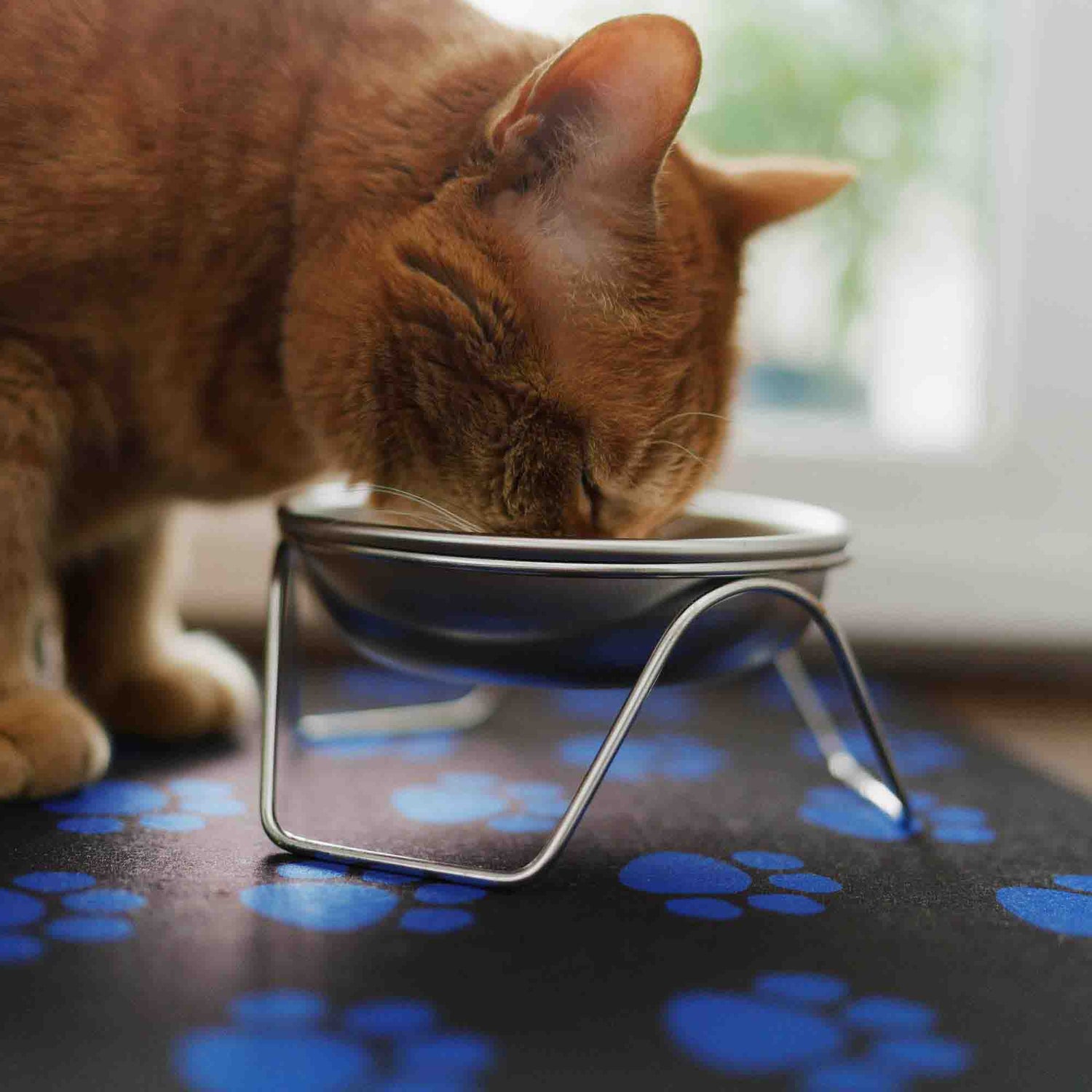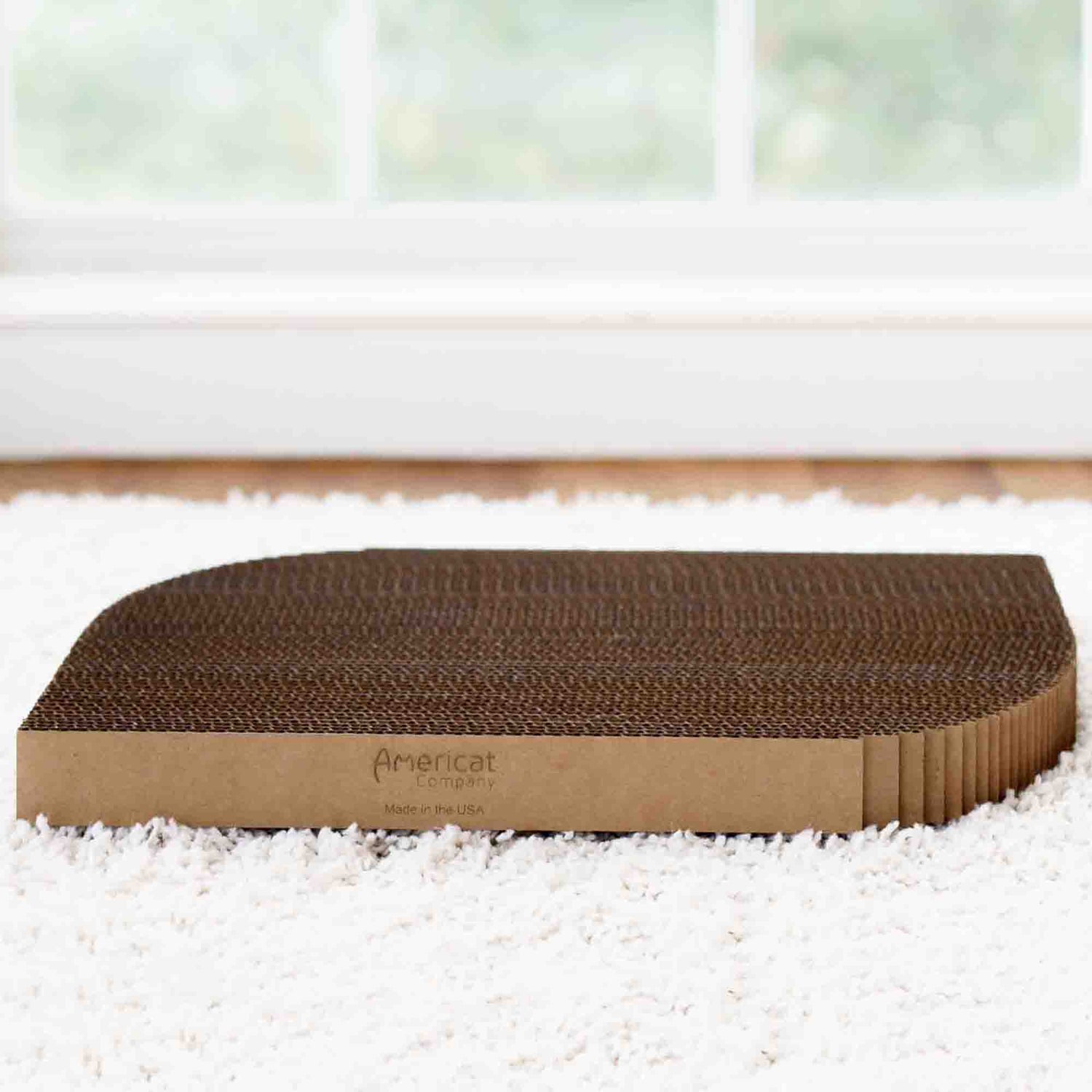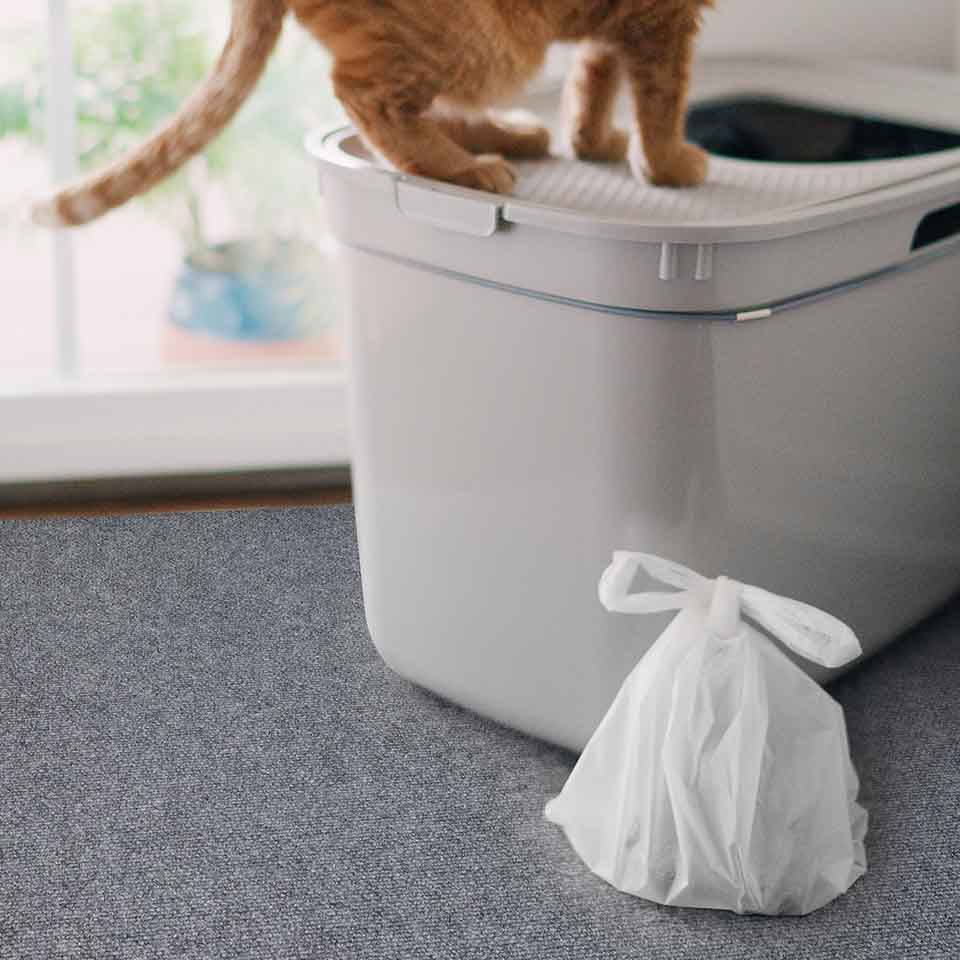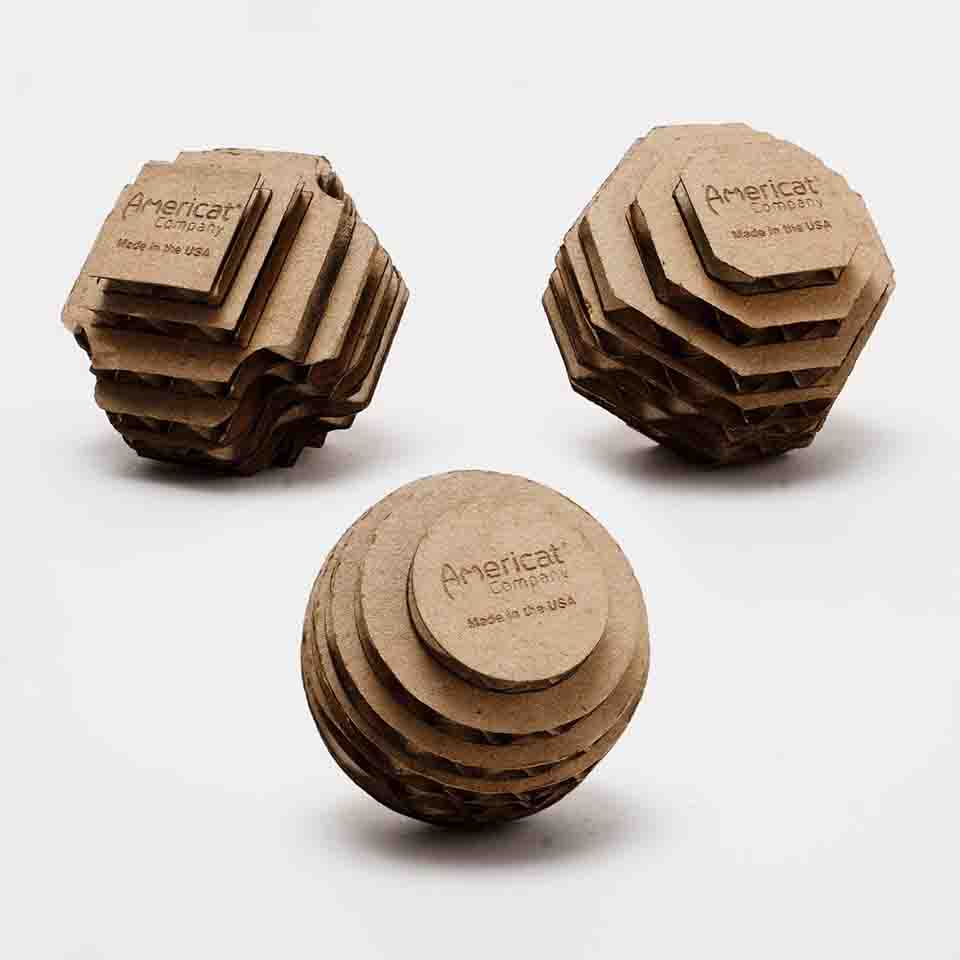When I adopted my sweet kitten Nelly, I had no idea that her first medical challenge would be a pesky parasite called giardia. I was focused on making her feel at home, thinking through how I would introduce her to my older cat, Lewie, and ensuring she had everything she needed to thrive. But a fecal test, as part of her new kitten exam, revealed she was positive for giardia – a microscopic parasite that can wreak havoc on a cat’s digestive system.
For 6 weeks, Nelly received treatment and was separated from Lewie. Thankfully, she then tested negative for the parasite and returned to normal life!
Here’s what I learned about giardia in cats and how I helped Nelly overcome it.
What Is Giardia?
According to VCA Animal Hospitals, giardia is a microscopic, protozoan parasite that lives in the intestines of infected animals. It is not a worm, bacteria, or virus.
Cats become infected when they ingest the parasite's cysts, often found in contaminated water, food, or on the ground. Once inside the cat, these cysts release trophozoites, which attach to the intestinal lining to feed. They cause symptoms such as diarrhea, gas, and abdominal discomfort.
Cats then pass the infectious cysts in their stool, which can infect other cats or animals if they come into contact with the contaminated poop or consume food or water that has been exposed to it.
Giardia is more common in kittens and adult cats with weakened immune systems. It often occurs in heavily populated groups of cats, such as in a shelter environment.
Though rare, the parasite can also be transmitted to humans, making it essential to address the issue promptly and to properly sanitize your hands after caring for your infected cat.
Giardia in Cats - Symptoms & Diagnosis
When I first brought Nelly home, she seemed perfectly healthy – affectionate, curious, and full of energy. Her appetite, pee, and poop seemed normal. During her first vet visit, Nelly's veterinarian recommended a fecal test as part of her initial health screening. The next day, the results came back positive for giardia.
Nelly didn't have any obvious symptoms. Some cats may experience foul-smelling diarrhea. Their poop may be watery, have a green hue, and/ or contain mucus. Vomiting may occur in some cases.
Over time, cats can experience weight loss, diarrhea, and lethargy. While giardia is not usually life-threatening, it can be more severe in kittens, older cats, and cats with immune deficiencies, including FIV and FeLV, according to VCA.
Many cats may be asymptomatic carriers, so it's a good idea to run a fecal test on any new cats you bring home, since giardia is highly contagious.
If your cat goes outside, also consider speaking to your vet about routine fecal testing.
Giardia in Cats - Treatement
1. Giardia Medication
Nelly’s vet prescribed two medications – fenbendazole and metronidazole. She took the medicine for 5 days, waited 2 weeks, and then repeated the dose for 5 more days.
Since I was just getting to know Nelly, I wasn't sure how she would do with a pill and liquid syringe. But, she was trusting and allowed me to give her the medicine. After each dose, I made sure to reward her with treats and plenty of cuddles!
2. Hygiene
Giardia cysts are resilient and can survive in the environment for weeks. To prevent reinfection, I adopted a rigorous cleaning routine that my vet recommended:
- Frequent bowl changes: I gave Nelly a clean food bowl with each meal and a clean water bowl daily. These are the cat bowls I used. Since they are stainless steel, they don't harbor bacteria, and they are dishwasher safe for easy cleaning.
- Daily litter box changes: I dumped her litter and refilled her box with fresh litter every time she pooped. To make this easier, I used disposable lasagna trays as temporary litter boxes. I lined each tray with a garbage bag, so that after Nelly pooped, I could easily dispose of the bag with the soiled litter.
- Environment cleaning: I also changed her bedding daily, washed her toys, and cleaned the bathroom floor with a disinfectant on a regular basis.
I made sure to wash my hands thoroughly after handling Nelly and her supplies.
3. Quarantine
Giardia is highly contagious among cats. So, one of the biggest challenges was ensuring that Nelly didn’t spread the parasite to Lewie. I kept Nelly in my guest bathroom, separate from Lewie.
4. Monitoring
While the frequent cleaning and quarantine was necessary, it wasn’t always easy. Nelly is a social kitten and would often meow for attention or try to escape. But these steps were essential for both her and Lewie's health, so there was no room for compromise. To give Nelly attention and to show her how much she was loved, I made sure to sit with her multiple times each day.
Nelly had a follow-up fecal test 2 weeks after her second round of treatment. It came back negative, thank goodness!
Lessons Learned
1. Don’t Skip Fecal Testing
Giardia in cats can be sneaky, with some infected cats (like Nelly) showing no symptoms at all. I suggest asking your vet to perform a fecal test on your new cat or kitten, whether they're adopted from a rescue or found outdoors. Along with detecting giardia in cats, a fecal test can also identify worms. This important test ensures your cat gets a healthy start in their new home!
2. Keep Cats Separated Until First Vet Visit and Fecal Results
The fact that Nelly and Lewie had been separated from the time she came home until I received her lab results ensured that Lewie wasn't exposed to giardia or another condition. In addition to medical reasons, a separation period gives pets time to adjust to each other.
3. Hygiene is Non-Negotiable
Managing giardia required a significant effort to keep Nelly’s environment clean. It made me appreciate cat supplies like these cat bowls and stands that are hygienic and easy to clean. It was all worth it to get Nelly healthy again!
Giardia Free!
Today, Nelly is giardia free and a happy kitty! Introductions with Lewie have been going well, and I think they will become good friends. She has already brought so much joy into my life!
Giardia was an unwelcome surprise early in our journey together. But adopting a cat means committing to give them whatever care they need. And they are worth it!
For anyone dealing with their cat's giardia diagnosis, know that it’s manageable with good vet care and staying on top of hygiene. Wishing your cat a quick recovery!
This is my experience and not medical advice. If you are concerned about the health of your cat, contact your veterinarian.
About Us: Americat Company is where love for cats meets American craftsmanship. Founded in 2016, we are a cat-loving, woman-owned, small business. We make cat products in the USA from safe, durable, U.S. materials. Shop all our made in the USA cat products here.









